Preventing Burnout During Postgraduate Medical Training
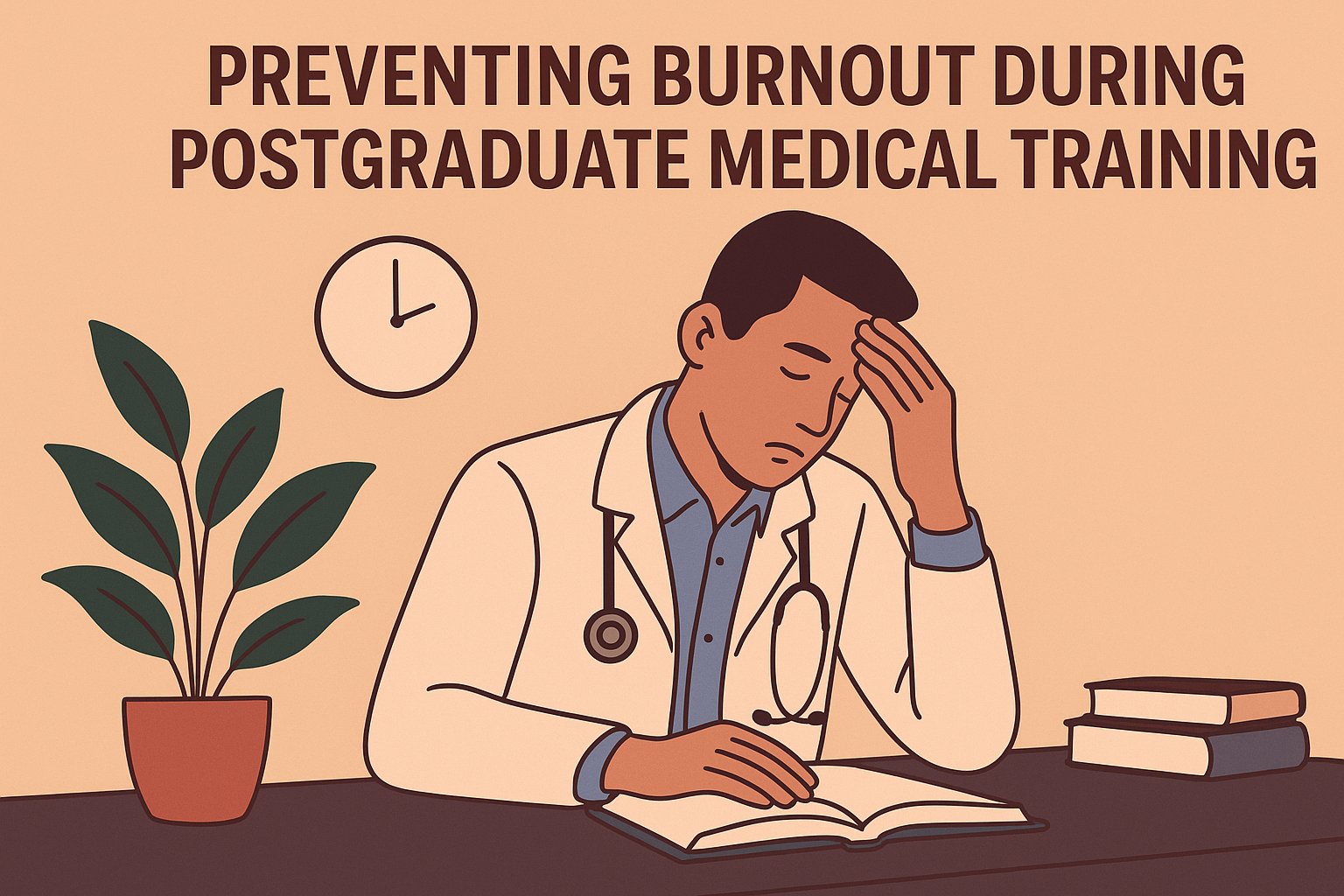
Introduction
Postgraduate medical training is one of the most demanding phases in a doctor’s career. Long working hours, night shifts, constant patient care, and the pressure of exams often leave young doctors feeling exhausted. Over time, this can lead to burnout — a state of physical, emotional, and mental exhaustion.
For FCPS trainees and postgraduate doctors, burnout not only affects personal health but also impacts patient safety and clinical performance. Recognizing the signs early and applying preventive strategies is essential for sustaining both career success and personal well-being.
What is Burnout?

Burnout is a medical condition recognized by the World Health Organization (WHO). It is defined as a syndrome resulting from chronic workplace stress that has not been successfully managed.
The Three Dimensions of Burnout
-
Emotional Exhaustion – Feeling drained, tired, and unable to recover even after rest.
-
Depersonalization – Developing a detached, negative, or cynical attitude toward patients and colleagues.
-
Reduced Personal Accomplishment – Feeling ineffective, unmotivated, and doubting your abilities as a doctor.
Why Postgraduate Medical Trainees are at High Risk
Postgraduate training is intense and often overwhelming. Common causes of burnout include:
-
Excessive Workload – Long duty hours and overnight shifts.
-
Academic Pressure – Balancing patient care with FCPS or postgraduate exam preparation.
-
Sleep Deprivation – Irregular schedules disrupt natural rest cycles.
-
Lack of Support – Minimal guidance from seniors or mentors.
-
Emotional Strain – Managing critical patients, delivering bad news, or coping with patient deaths.
-
Workplace Culture – Hierarchy, criticism, and sometimes bullying in hospitals.
Early Signs of Burnout in Medical Trainees

Recognizing burnout early is crucial. Some warning signs include:
-
Constant fatigue and low energy.
-
Irritability and frustration with patients or colleagues.
-
Difficulty concentrating on studies.
-
Neglecting self-care, meals, or exercise.
-
Feeling detached or emotionally numb.
-
Declining academic and clinical performance.
If these symptoms persist, they can progress to anxiety, depression, or physical illness.
Practical Strategies for Preventing Burnout
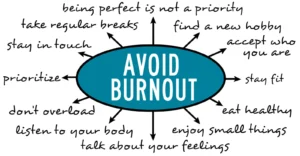
1. Prioritize Sleep
-
Aim for 6–7 hours of quality sleep daily, even if in split intervals.
-
Use power naps (15–20 minutes) during long shifts.
-
Avoid caffeine late at night to improve sleep quality.
2. Manage Your Time Wisely
-
Use planners or apps like Google Calendar to schedule duties, clinics, and study blocks.
-
Break large tasks into smaller, manageable steps.
-
Protect at least one study or rest hour daily, no matter how busy.
3. Maintain Physical Health
-
Eat balanced meals instead of relying only on tea and snacks.
-
Stay hydrated during long shifts.
-
Include short workouts or stretching to boost energy.
4. Build Emotional Resilience
-
Practice deep breathing or mindfulness during stressful moments.
-
Reflect on positive patient outcomes instead of only focusing on failures.
-
Use prayer, meditation, or journaling for stress relief.
5. Seek Support and Mentorship
-
Share concerns with colleagues who understand the pressure.
-
Find a senior mentor who can guide you through challenges.
-
Don’t hesitate to seek professional counseling if stress feels overwhelming.
6. Set Realistic Study Goals
-
Use spaced repetition (e.g., Anki flashcards) instead of cramming.
-
Study in short, focused bursts (Pomodoro technique) to improve retention.
-
Focus on high-yield exam topics rather than trying to master everything at once.
7. Learn to Say No
-
Avoid unnecessary commitments during exam prep.
-
Decline extra shifts unless absolutely necessary.
-
Prioritize your health — you cannot pour from an empty cup.
Hospital and Institutional Role in Preventing Burnout
Burnout prevention is not only the responsibility of individual doctors — hospitals must also play their part. Institutions can help by:
-
Ensuring reasonable duty hours.
-
Providing mental health support programs.
-
Offering workshops on stress management and communication skills.
-
Encouraging a culture of teamwork instead of hierarchy-based criticism.
Self-Care Activities for Medical Trainees
-
Exercise – Even 10 minutes of daily movement reduces stress.
-
Hobbies – Reading, writing, or creative activities help disconnect from hospital stress.
-
Social Connections – Spend time with family and friends for emotional balance.
-
Spiritual Practices – For many trainees in Pakistan, prayer provides strength and peace.
Real-Life Example
A 28-year-old FCPS medicine trainee reported constant headaches, poor sleep, and lack of focus in studies. After counseling, he began scheduling his sleep, used active recall for exam prep, and took short walks after shifts. Within a month, he reported improved energy and focus, proving that small lifestyle changes can prevent major burnout.
Long-Term Benefits of Preventing Burnout
By managing stress early, postgraduate trainees can:
-
Perform better in exams and clinical practice.
-
Build stronger relationships with patients and colleagues.
-
Protect long-term mental and physical health.
-
Develop resilience for a sustainable, rewarding medical career.
Conclusion
Burnout is a serious but preventable challenge during postgraduate medical training. By balancing ward duties, clinics, and study prep with proper self-care and time management, medical trainees can protect their health and enhance their professional growth.
Remember:
-
Rest is not a luxury; it’s a necessity.
-
Asking for help is a sign of strength, not weakness.
-
A healthy doctor makes a better healer.
By prioritizing well-being, you are not only preparing to pass exams — you are preparing to become a compassionate, competent doctor for life.
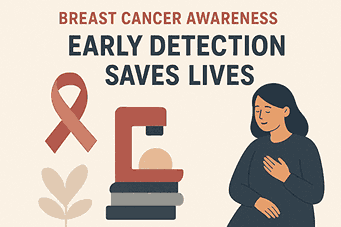
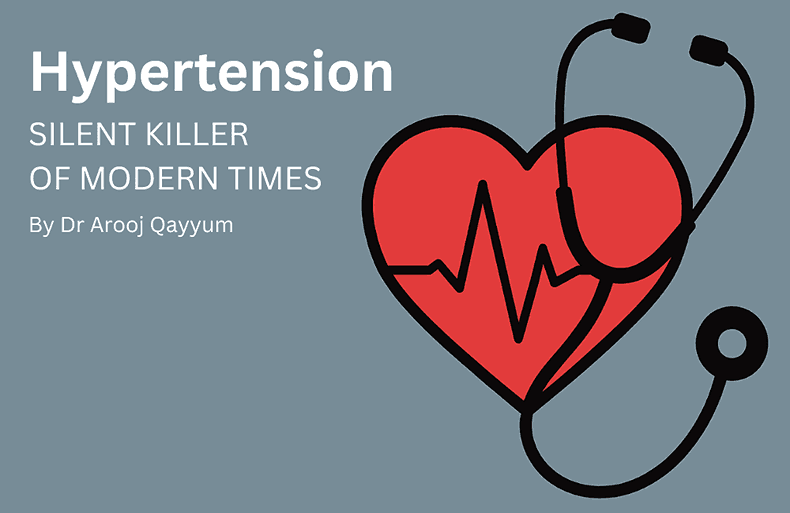
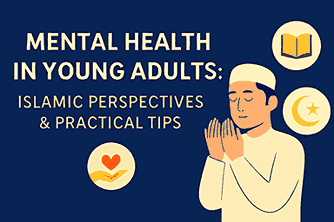
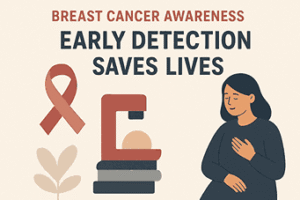
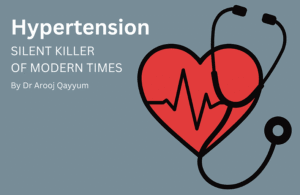
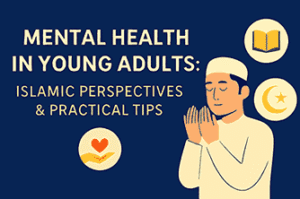
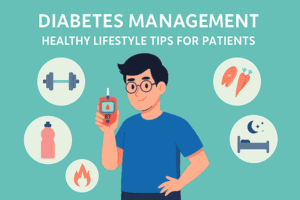
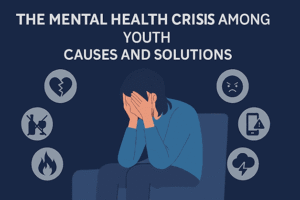
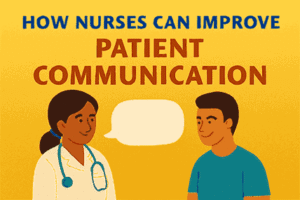
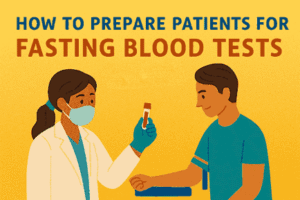
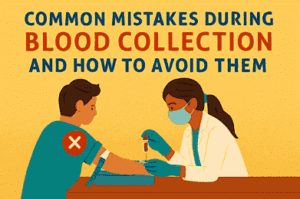


Post Comment